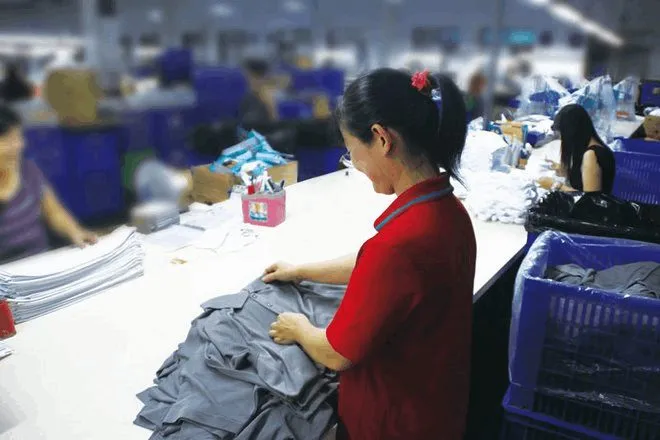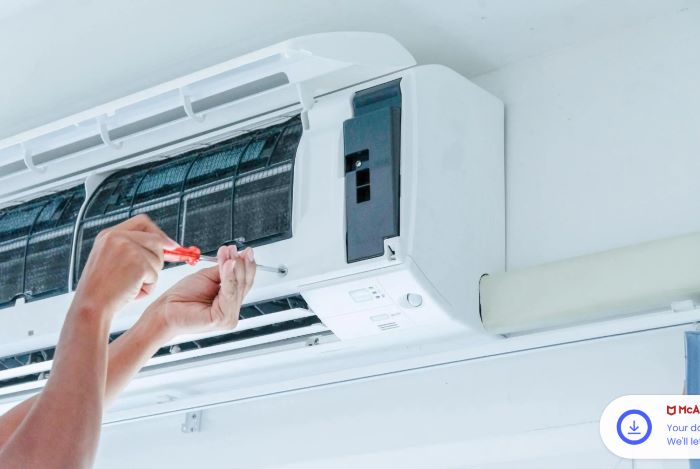To increase profits and reduce costs, many companies choose to manufacture in China, but it can be hard to make sure the end product meets the desired quality. Here we will explore how to select a trustworthy manufacturing partner, implement quality control procedures, and do thorough inspections, to ensure your Chinese-manufactured products meet your standards.
Know what quality standards are required
It is imperative to familiarize yourself with the quality standards for the products you are producing in China. This can differ based on the industry, for instance, if producing toys then adhering to the guidelines of the Consumer Product Safety Commission (CPSC) is necessary. For electronics, following the regulations of the International Electrotechnical Commission (IEC) should be considered. Moreover, it is crucial to guarantee your manufacturer is aware of the expected standards and has experience complying with them, to prevent delays in the production process and expensive alterations.
Additionally, by understanding the quality requirements, it is possible to set reasonable expectations with your manufacturer, which serves as the groundwork for the inspection process. This will aid in avoiding potential misunderstandings during production. In summary, understanding the standards is an essential aspect of manufacturing quality products in China. It safeguards against any compliance issues, aligns your manufacturer with the same understanding, and provides an overview for the inspection process.
Work with a reputable manufacturer
When it comes to selecting a manufacturer in China, conducting thorough research and reviewing customer testimonials is essential for finding one with a positive reputation for producing quality products. The manufacturer should possess a record of success and expertise in working with your industry, providing a portfolio of past projects to demonstrate this. Quality control procedures should be in place to guarantee the specs of each item produced and transparency must be established with regular updates and progress reports. Cost should not be the only criteria in the decision-making process; priority should be placed on quality and working with a manufacturer committed to producing superior products that will meet expectations and fulfill customers.
Inspect your products before they leave the factory
Regardless of how dependable your producer may be, it is wise to check your items before they leave the factory. This gives you the chance to detect any potential issues and make sure that the products satisfy your quality requirements.
You can hire a third-party inspection agency to complete a pre-shipment examination. These companies specialize in quality control and can carry out a detailed analysis of your products to make sure they comply with your specifications. This includes inspecting for flaws, validating product details, and confirming that all packaging and labeling is correct.
Alternatively, you can have someone from your firm do the assessment in person. This is more costly and time-consuming, yet it offers you a firsthand view of the products and the manufacturing process.
In either case, it is essential to have a specific inspection checklist and protocol in place to guarantee consistency and accuracy. This will enable you to recognize any issues promptly and make sure that all items meet your quality standards before they are delivered.
Performing inspections prior to shipping is an indispensable step in verifying the excellence of your Chinese manufacturing process. Through careful and thorough assessment, you can reduce the risk of defective products and gain a reputation for dependability and quality in the market.
Have a plan for dealing with defective products
No matter the level of quality control measures, it is expected that some products with flaws may slip through. It is important, then, to have a strategy in place for managing such instances. Firstly, it is essential that the producer has an established system for dealing with flaws. Preferably, there should be an in-house quality assurance team who can recognize and handle any issues before shipping out the products. Furthermore, should any defects be discovered during the production process, it is important for the producer to be straightforward about the issue and act quickly to solve it.
Second of all, it is essential to have a procedure in place for handling defective products once they reach their final destination. This may involve offering compensations, such as refunds and replacements, to customers with defective products. In order to limit the effects of defects on the business, it is necessary to understand the expenses related to these occurrences.
Finally, the data related to the defects should be utilized to improve future production. By investigating the origins of the defects, it is possible to identify what should be changed and then collaborate with the manufacturer to decrease the probability of future issues.
Having an effective plan to address defects is fundamental to guarantee the long-term success of the business. Through selecting a reliable producer, examining the products before they leave the factory, and staying updated on quality control regulations, it is possible to minimize the chance of defects and ensure that customers are getting the top-notch products they deserve.
Stay up-to-date on Chinese quality control regulations
It is critical for any business operating in the Chinese market to remain informed about the ever-changing regulations and policies pertaining to quality control. To achieve this, regularly checking the websites of the General Administration of Quality Supervision, Inspection and Quarantine (AQSIQ) and the Standardization Administration of China (SAC) is a must.
Moreover, having a knowledgeable quality control consultant by your side to provide guidance and advice can save you from potential issues, as well as make sure your products are up to par. In addition, trade shows and industry conferences within the country can offer an excellent opportunity to stay current on emerging trends and build connections with suppliers, manufacturers, and other industry professionals.
By keeping abreast of Chinese quality control regulations and making an effort to stay informed, you can be sure to succeed in the market and stay one step ahead of its changing environment.




